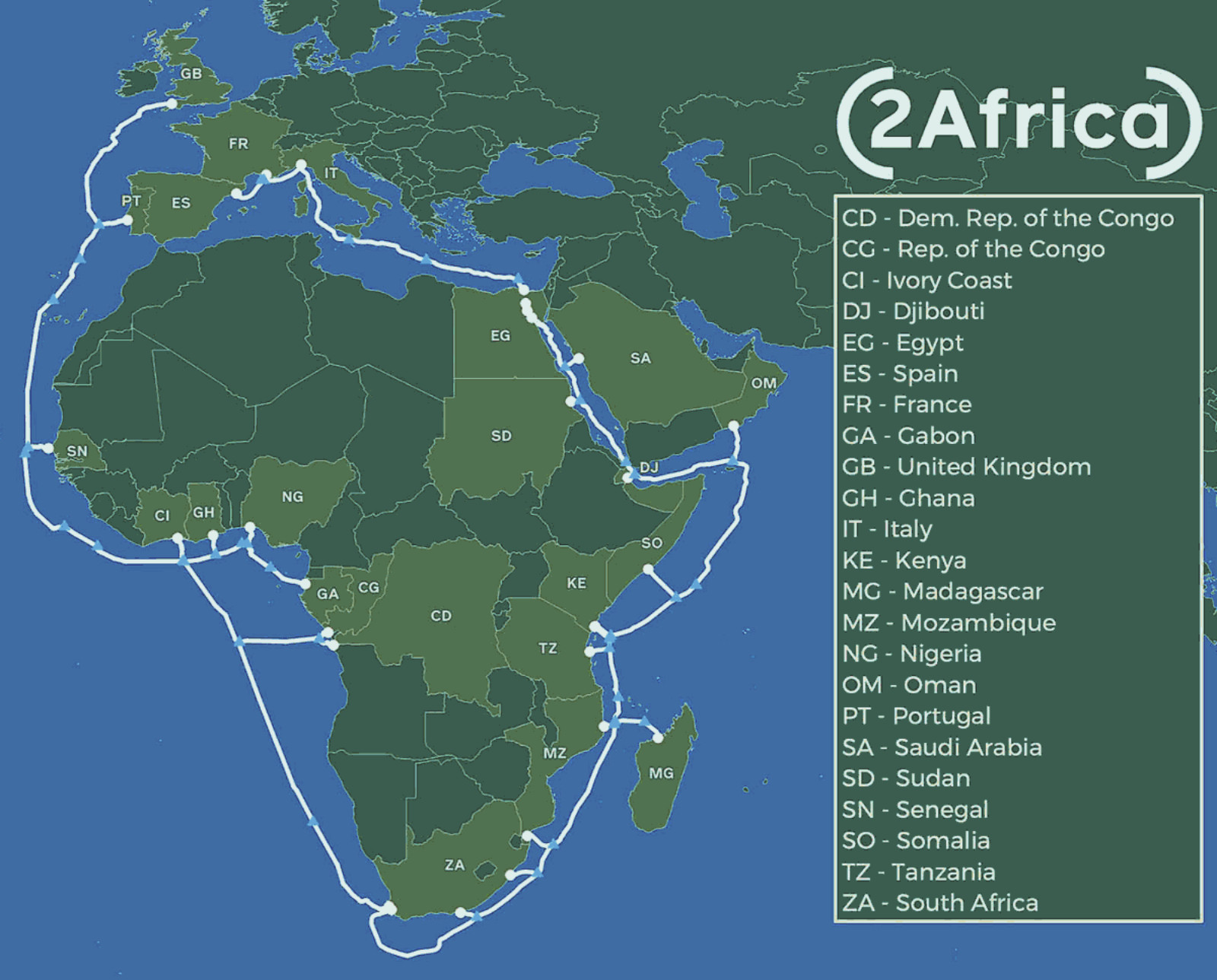Sovereign Fund of Egypt may weigh in on African infrastructure

Will the Sovereign Fund of Egypt (SFE) be tapped for a pan-African infrastructure plan? The African Union (AU) is calling on state-run sovereign, pension and ins. funds from Egypt, South Africa, Morocco, Kenya, Angola, and Nigeria to invest up to 5% of their capital in a planned infrastructure fund that will finance the building of roads, power plants, and railways across the continent, Raila Odinga, the AU’s high representative for infrastructure, told Reuters. This comes as African authorities look for fresh sources of funding to plug an annual infrastructure financing deficit of USD 60-90 bn that has stunted development across the continent. Infrastructure has been a key obstacle to making use of the African Continental Freetrade Agreement (AfCFTA), which officially launched earlier this year and brings together 24 countries in a pan-African freetrade bloc with a combined GDP of USD 3.4 tn, making it one of the largest in the world in terms of participating countries.
Getting goods across the continent: The countries that comprise the bloc (including Egypt) began trading under the terms of AfCFTA, which removes tariffs on most goods, with the start of 2021. But with Africa’s infrastructure mainly geared to serve trade outside the continent, “infrastructure is urgent for the realization of the AfCFTA, otherwise it is just going to remain on paper,” Odinga told Reuters. Several landlocked countries are disconnected from major ports and transcontinental highways have missing links, making intra-regional trade difficult. Intra-African trade stands at only 15%, compared with 70% and 50% in Europe and Asia, Odinga said.
Turning to alternative sources of funding: The fund, which will be run by the newly established African Union Development Agency, is seeking to diversify funding sources by moving away from reliance on wealthy donor nations and international debt markets. With developed countries repurposing funds and large lender China scaling back on its involvement amid high debt levels to individual countries, “Africa is financially starved as far as the need for infrastructure development,” Odinga said. The AU has already begun courting investors, and is working to set up the planned fund’s legal and financial structure, according to Odinga.
Is the SFE on board? Infrastructure and energy are among the SFE’s key mandates, but the fund has so far focused on domestic projects, including the EuroAfrica transmission link to import electricity from Egypt, as well as the Sixth of October dry port. As of late last year, the SFE had EGP 26 bn in assets under management, and a EGP 13 bn portfolio of owned assets, CEO Ayman Soliman told CNBC Arabia in December.
One signal the SFE may be interested: Planning and Economic Development and SFE chairperson Minister Hala El Said sat down with Eli Bay, Senegal’s ambassador to Cairo, last month to look into partnering with the west African country’s sovereign wealth fund as part of a larger pan-African cooperation plan we have yet to hear more on. We reached out to officials from the SFE, but they hadn’t replied to our request for comment at dispatch time.
Infrastructure development would present new potential for contractors across the continent, President of the African Federation for Construction Contractors’ Associations Hassan Abd El Aziz told Enterprise, noting that many African countries are in need of road, rail, energy, water, and sanitation projects, though some Egyptian investors and exporters might shy away from trade with African countries that are politically unstable, said Abd El Aziz.
President Abdel Fattah El Sisi has been pushing for more business with Africa, launching an investment risk insurance fund, as well as a fund to invest in Africa’s information technology infrastructure. The president had also vowed that Egypt would turn its focus to infrastructure development during its chairmanship of the African Union in its 2019-2020 session.
Your top infrastructure stories for the week:
- Electricity: The North Cairo Electricity Distribution Company wants to establish seven control centers worth EGP 6 bn over the next five years, two of which will be undertaken by Schneider Electric in east Cairo, the local press reports.
- Natgas: The Damietta LNG plant is back online after eight years of being idled, with two liquefied natural gas shipments making their way out of the Damietta Port earlier this week.
- Renewable energy: Siemens Gamesa was awarded the five-year contract to operate and maintain the New and Renewable Energy Authority’s (NREA) 220 MW Gabal El Zeit 2 wind plant in the Gulf of Suez.
- Transit: The first domestically assembled electric buses will hit the road before the end of this year.